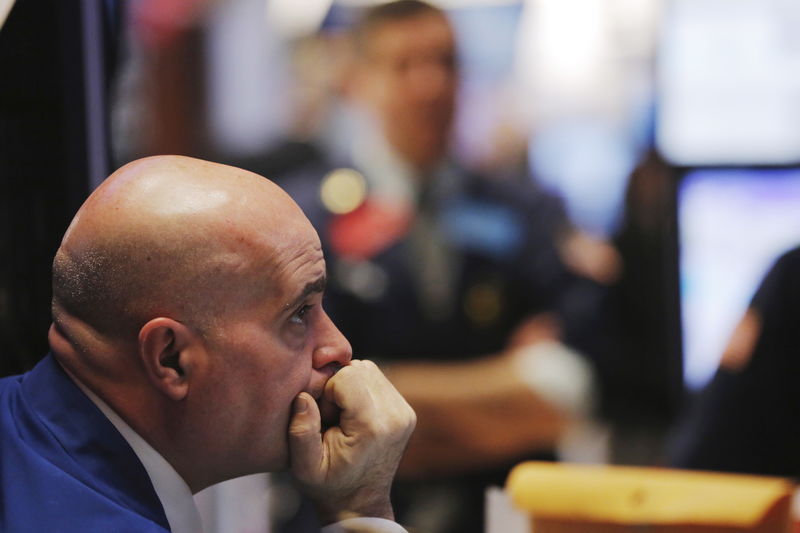© Reuters. FILE PHOTO: A worker loads a truck with crates of oranges at a farm in Limeira January 13, 2012. REUTERS/Paulo Whitaker
By Ricardo Brito
(Reuters) -Giants of the orange juice trade in Brazil have become defendants in a class-action lawsuit seeking $2.5 billion in damages over an alleged scheme to fix prices between 1999 and 2006, a prosecutor told Reuters.
Federal Prosecutor Karen Kahn said the Sao Paulo Court of Justice will hear claims in a lawsuit filed against firms including Citrosuco, Cutrale and Louis Dreyfus Co (LDC), which account for most of the world’s orange juice output.
Citrus growers alleged that the companies formed a cartel to keep prices low for their fruit. Brazil’s antitrust regulator Cade investigated, and in 2016, the watchdog and companies reached an agreement for a payment of 301 million reais to settle the case.
The class-action lawsuit was filed by the prosecutors in March, more than 20 years after the first accusations were made.
Prosecutors are seeking 12.7 billion reais ($2.51 billion) in damages, exceeding annual revenue from orange juice exports in the 2021/2022 season, which totaled $1.62 billion.
The suit seeks reparation from the companies that prosecutors say dominated almost 80% of domestic orange juice production, excluding around 75% of the small and medium-sized firms in the segment in Sao Paulo state alone.
In the lawsuit, prosecutors alleged the goal of the cartel was to cause a steep drop in fruit prices, inflicting losses on the farmers and consumers.
Louis Dreyfus Co said it was not officially notified of the lawsuit and denied wrongdoing, saying it complies with all applicable laws and regulations in the countries where it operates.
Citrosuco told Reuters it has not been notified about the lawsuit and would not comment.
Cutrale did not comment immediately. Cargill declined to comment at this time.
The claims also implicate Cargill, which sold operations to Cutrale and Citrosuco in 2004, and Citrovita, which merged with Citrosuco in a deal approved by regulators in 2011, according to the prosecutor.
Read the full article here



